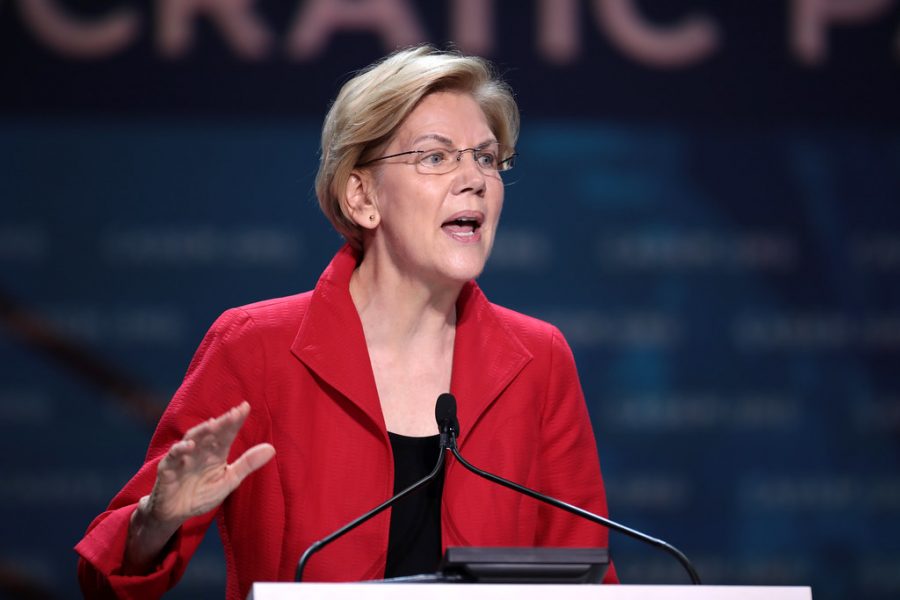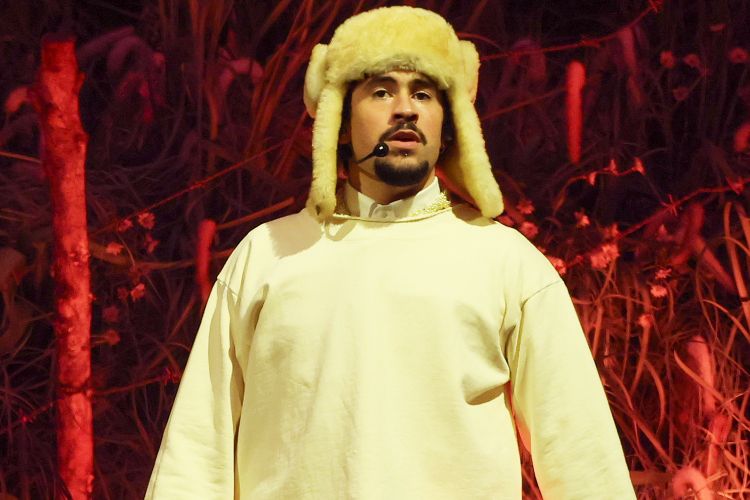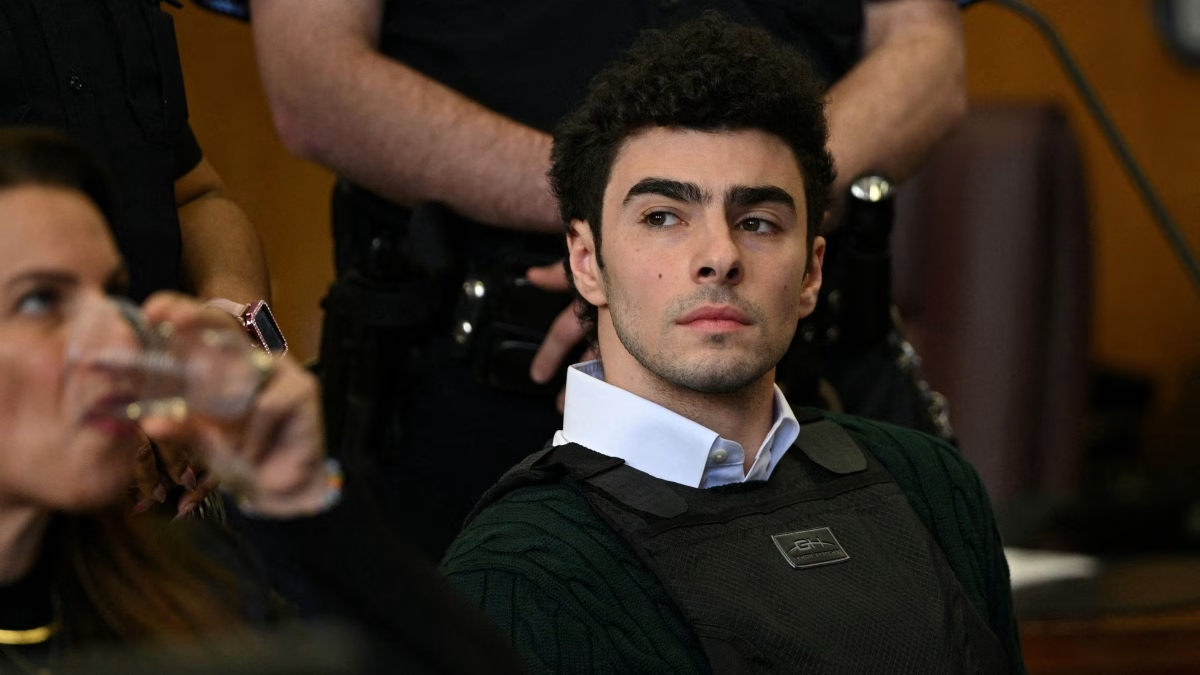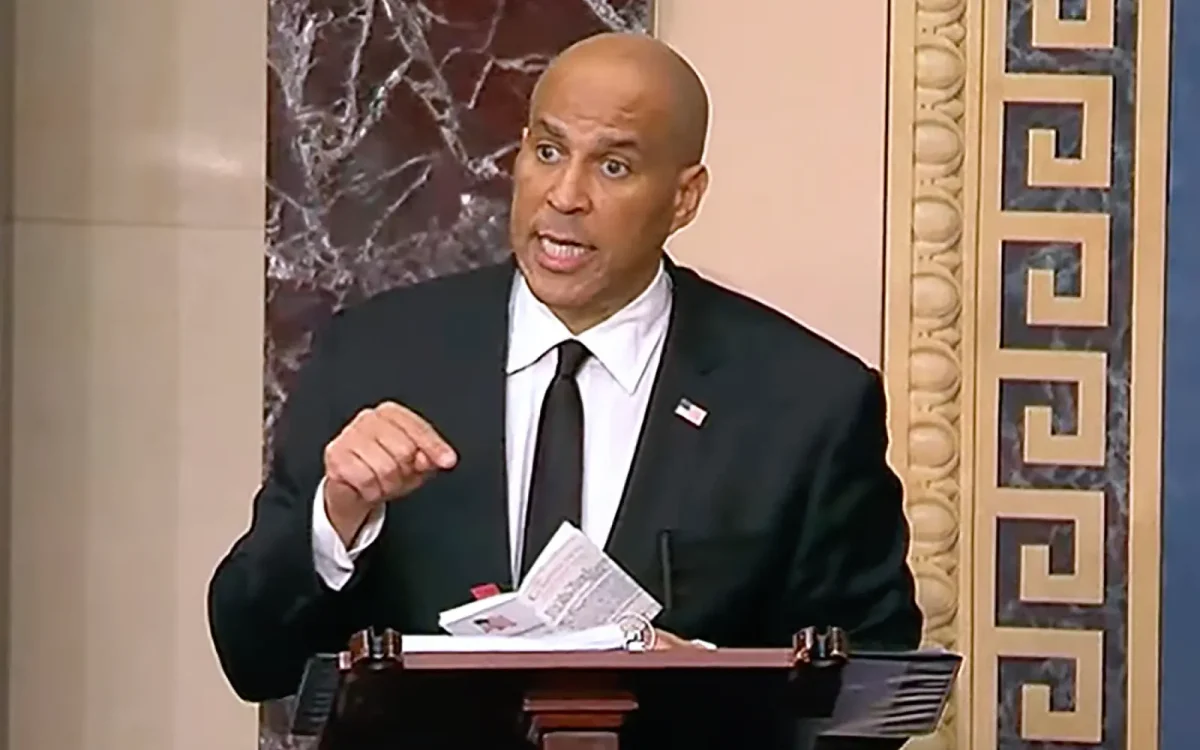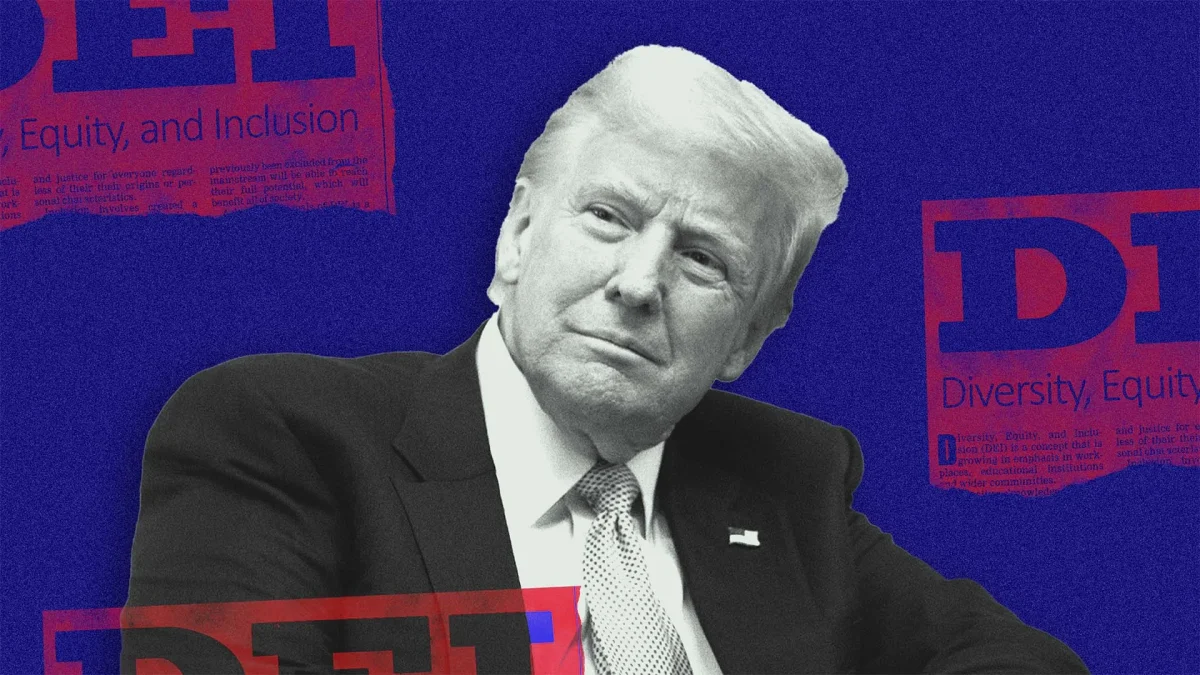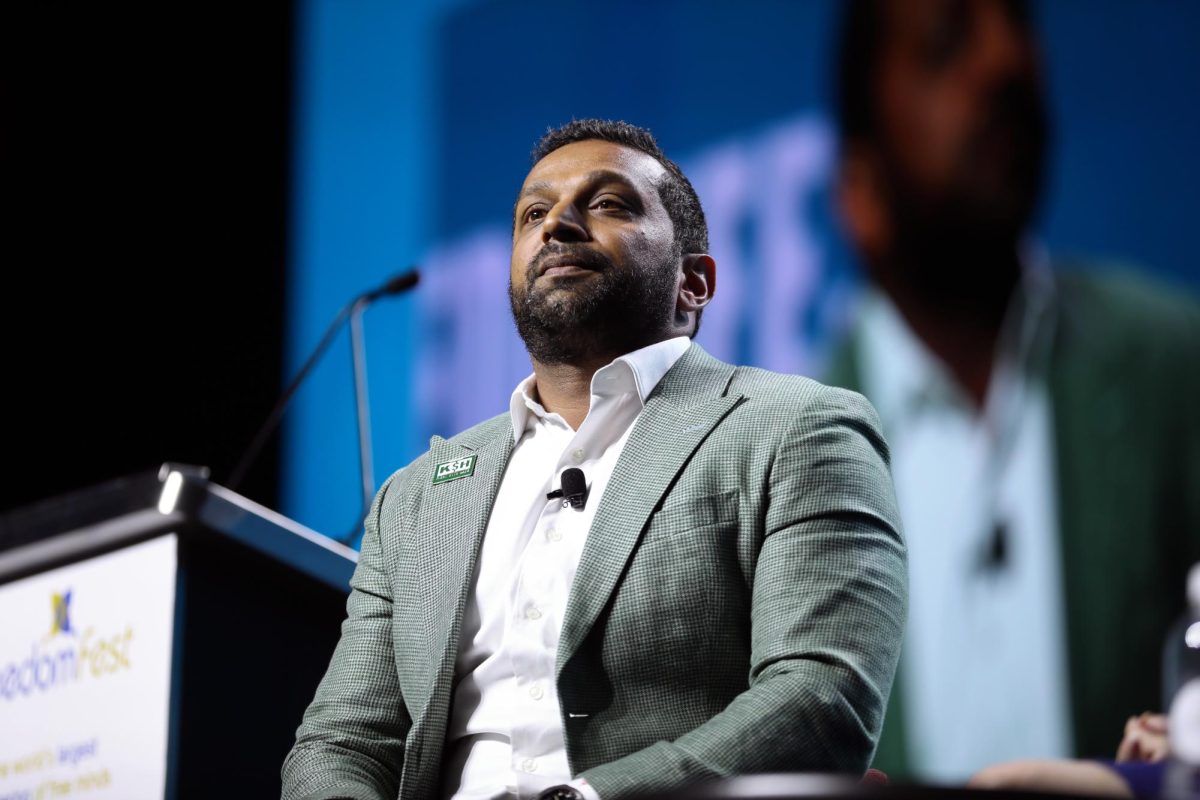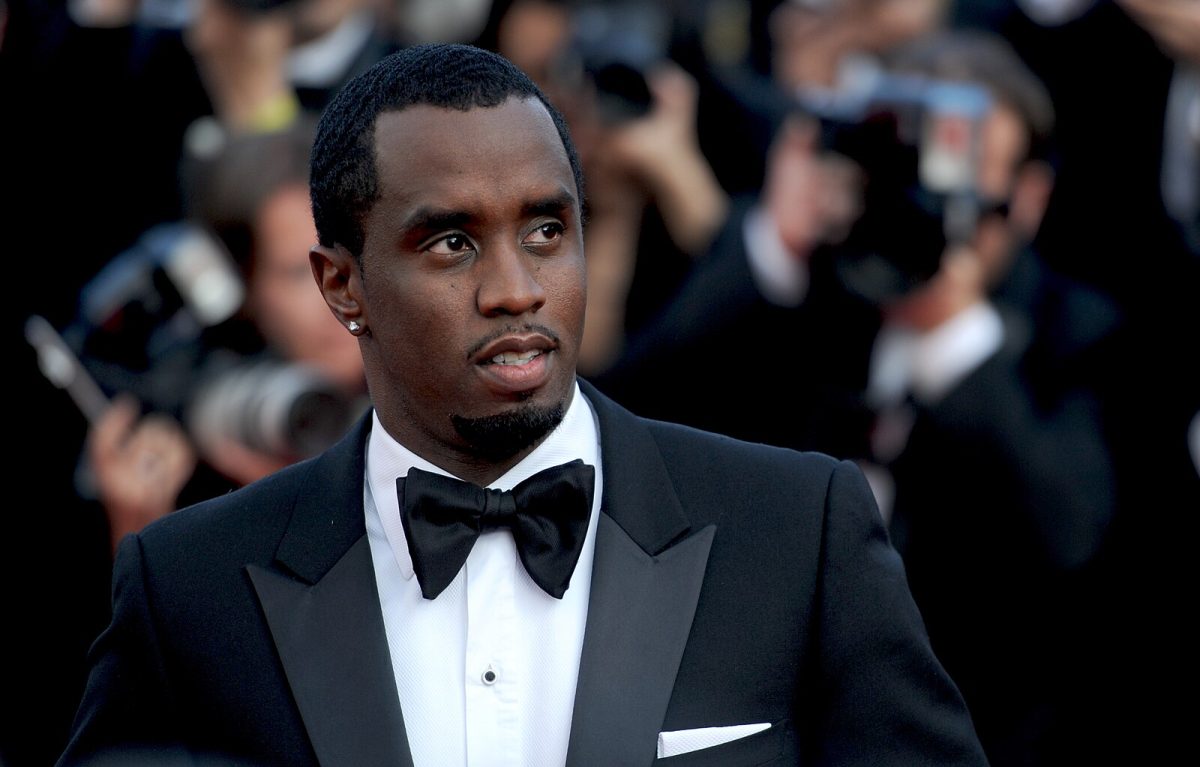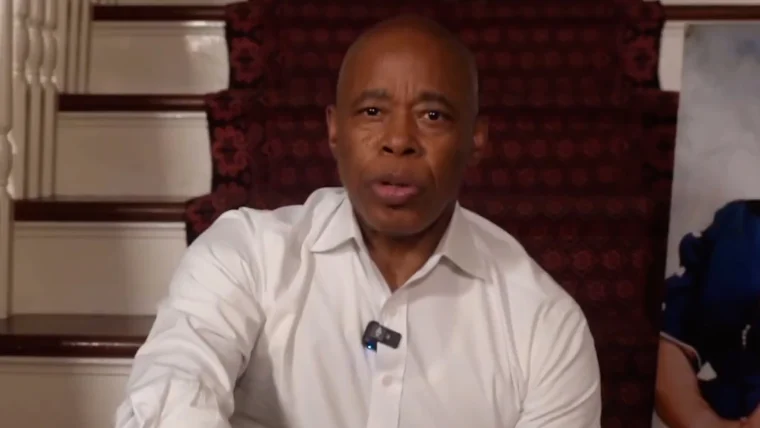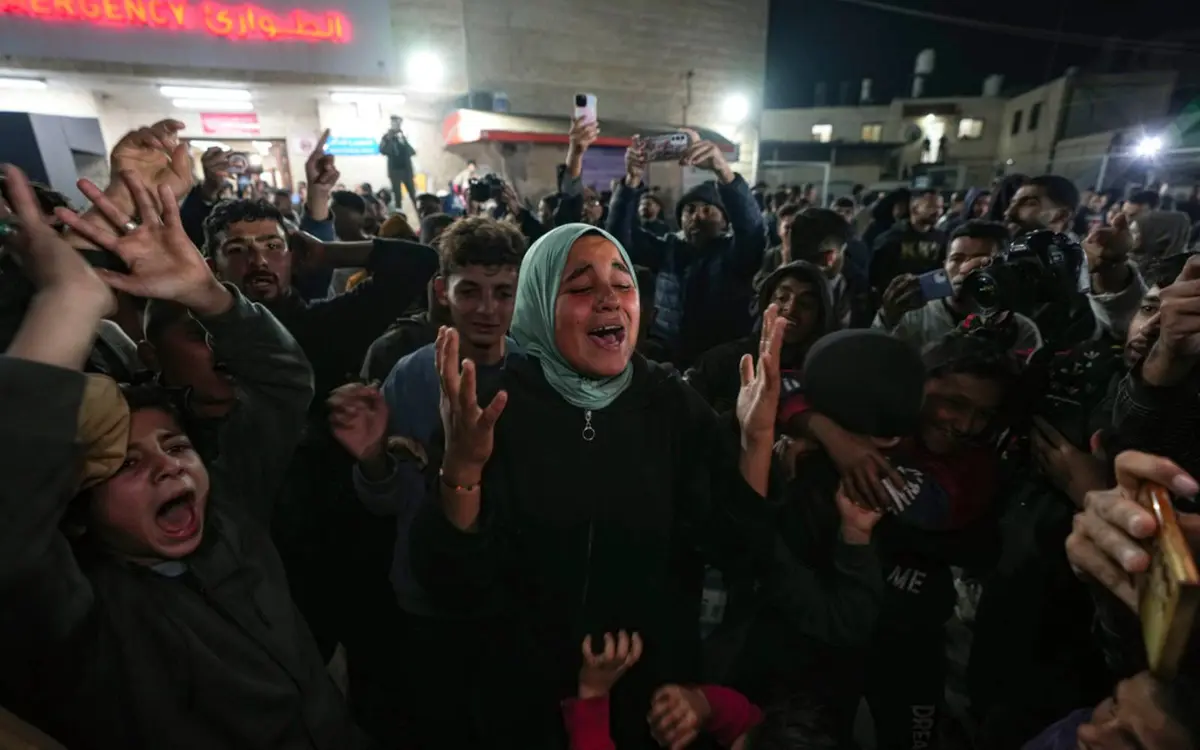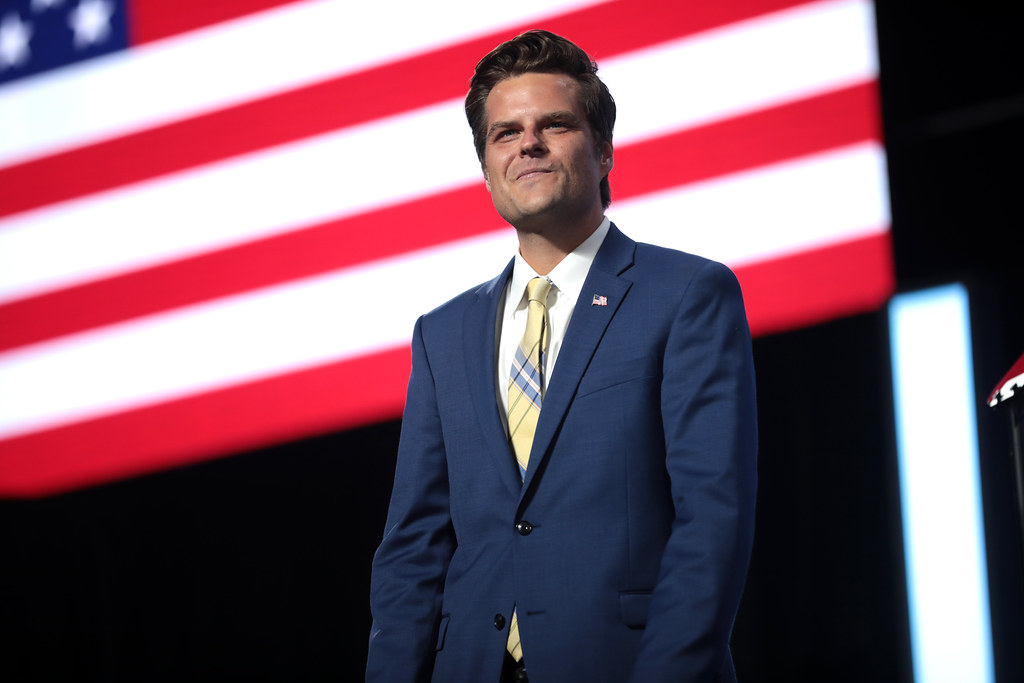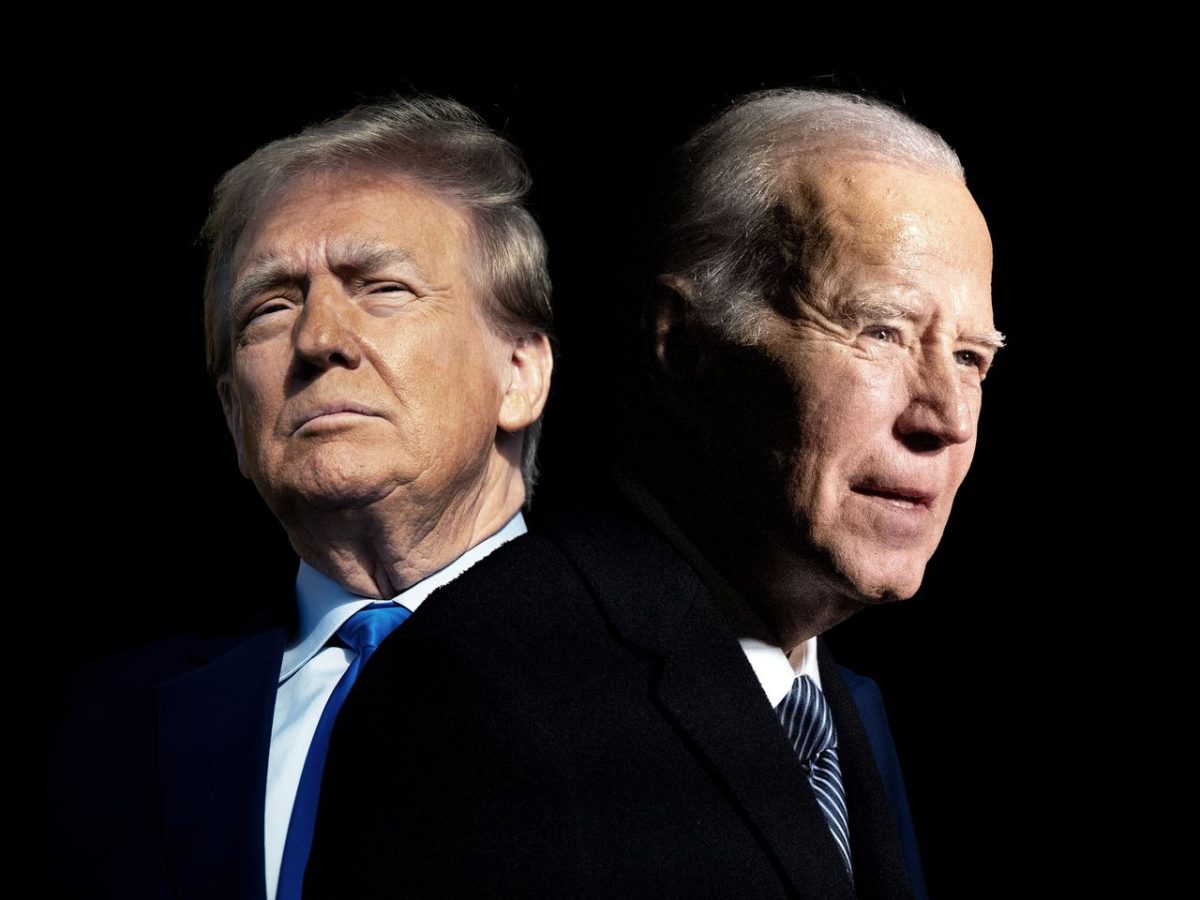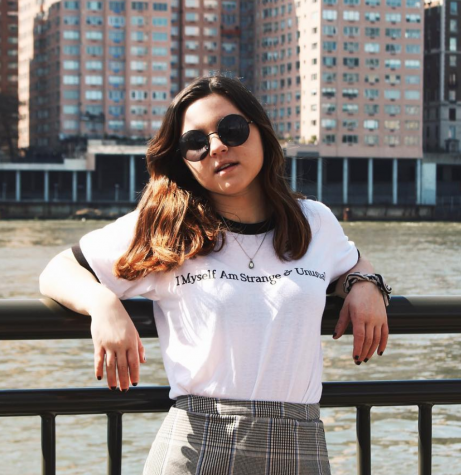On Oct. 15, the Democratic party held a presidential primary debate at Otterbein University in Westerville, Ohio, partnering with CNN and the New York Times. This was the fourth of 12 scheduled Democratic debates before the November 2020 presidential election.
To qualify for the debate, candidates had to reach a grassroots fundraising threshold of 130,000 unique contributors and a polling threshold of at least two percent in four eligible polls. The debate was limited to 20 candidates, but only 12 managed to meet the qualifications: Sen. Elizabeth Warren, former Vice President Joe Biden, Sen. Bernie Sanders, Pete Buttigieg, Sen. Cory Booker, Sen. Amy Klobuchar, Sen. Kamala Harris, Andrew Yang, Rep. Tulsi Gabbard, Tom Steyer, Julián Castro, and Beto O’Rourke. The debate was moderated by CNN hosts Anderson Cooper and Erin Burnett, as well as Marc Lacey, national editor of the New York Times.
With 12 participants, the debate holds the record for the most candidates on stage in a primary presidential debate. The previous record was held by a Republican debate in September 2015, which had 11 candidates.
During the debate, Warren had the most speaking time with 23 minutes, followed by Biden at 16.5 minutes, and Sanders, Klobuchar, Buttigieg, and O’Rourke with roughly 13 minutes each. Harris and Booker had 12.4 minutes and 11.8 minutes respectively, and the other candidates had under 10 minutes total speaking time.
This is the first presidential primary debate to take place since the announcement of the impeachment inquiry against President Donald Trump. President Trump is currently being investigated over his call with Ukraine concerning Biden and any irregularities concerning Hunter Biden during his time on the board of a Ukraine gas company (read more about the impeachment inquiry on page 4). When asked about his son’s ties with Ukraine early on in the debate, Biden replied, “My son did nothing wrong. I did nothing wrong. I carried out the policy of the United States in rooting out corruption in Ukraine. That’s what we should be focusing on.”
Despite the impeachment inquiry concerning Biden, candidates focused on Warren as the Democratic frontrunner. Concerning taxes and her Medicare-for-All plan, Warren said, “Costs will go up for the wealthy. They will go up for big corporations. And for middle-class families, they will go down. I will not sign a bill into law that does not lower costs for middle-class families.”
Lacey then asked Buttigieg about his claim that Warren has been “evasive” about how she plans to pay for Medicare-for-All. In response, Buttigieg said, “No plan has been laid out to explain how a multi-trillion-dollar hole in this Medicare for all plan that Senator Warren is putting forward is supposed to get filled in.”
Klobuchar added, “At least Bernie’s being honest here and saying how he’s going to pay for this and that taxes are going to go up. And I’m sorry, Elizabeth, but you have not said that, and I think we owe it to the American people to tell them where we’re going to send the invoice.”
“Warren was getting the full brunt of her opponents’ criticism throughout much of the night,” said Ella Nilsen for Vox.
After further discussion on the wealth tax and methods to close the income gap, the debate turned towards foreign policy. Cooper segued into the topic by bringing up President Trump’s decision to withdraw American forces from northern Syria and therefore abandoning the Kurds, long-time allies with America. Biden expressed that he would not have withdrawn the troops and that President Trump’s decision was “the most shameful thing that any president has done in modern history—excuse me, in terms of foreign policy.” Biden then clarified that he would want American troops back in northern Syria.
On the other hand, Warren said that the U.S. should not have troops in the Middle East. However, she said that she believes President Trump handled the withdrawal poorly. “What this president has done is that he has sucked up to dictators, he has made impulsive decisions that often his own team doesn’t understand, he has cut and run on our allies, and he has enriched himself at the expense of the United States of America.” Warren continued, “We need to get out, but we need to do this through a negotiated solution. There is no military solution in this region.”
The conversation then turned to what the candidates would do to check Vladimir Putin and Russia’s power on the global stage. Booker said that he would partner more with French President Emmanuel Macron and German Chancellor Angela Merkel as opposed to Putin and Russia. “We cannot allow Russia to not only interfere in the democracies of the Ukraine, and Latvia, and Lithuania, but even not calling them out for their efforts to interfere in this democracy are unacceptable,” Booker said.
O’Rourke added, “But in addition, y ademas, to answer the previous question that you asked, how do we stand up to Russia on the global stage, we do that by renewing our alliances and our friendships. That is what makes America stronger.”
Klobuchar focused more on preventing Russia from interfering in future elections. “To protect ourselves in 2020, what we need, one, backup paper ballots in every single state,” Klobuchar said.
The debate later shifted to the topic of gun violence. Cooper asked candidates to comment on how to prevent future attacks using firearms. O’Rourke said he would ban assault rifles and fine people who do not turn in their weapons but didn’t offer any specifics on how to keep guns off of the streets.
Buttigieg said that “the problem is the National Rifle Association and their enablers in Congress, and we should be united in taking the fight to them” rather than focusing on gun owners. In a back and forth, O’Rourke continued to stress his mandatory buyback plan, which Buttigieg said would be difficult to pass given our current Congressional climate.
The candidates continued to debate over the institution of a mandatory buyback of assault rifles versus a voluntary one, with Warren, Klobuchar, and Castro arguing for a voluntary buyback and Harris and O’Rourke supporting a mandatory buyback.
The candidates then began to discuss the opioid epidemic in the country. Klobuchar said that drug manufacturers should pay for the treatment and rehabilitation of those with addictions with a two percent per milligram tax on opioids. Yang argued for the decriminalization of the possession and use of small amounts of opioids, including heroin, petitioning for “safe consumption and safe injection sites around the country.”
The candidates moved onto issues of monopolies and large social media corporations. The candidates all seemed to have the same or similar views: big corporations must be broken up to prevent corruption. The candidates covered reproductive rights next, and once again all had similar views: protecting reproductive rights and keeping those decisions out of the hands of the government.
In such a crowded political field, voters will have to take an incredibly close look at every individual candidate to decide whom they want to support in the 2020 presidential election. Often, the candidates differ with only slight nuances that can make choosing whom to support overwhelming. The debates are often helpful for undecided voters, as the back and forth clearly highlights who opposes who on certain issues and can help clear up some of the mysticism surrounding the election. There are still eight more Democratic debates to be held, and the field is very likely to narrow as time passes. The best voters can do is keep an eye out, do their research, and tune in to future debates to ensure they are backing the candidate they believe in.
UPDATE: O’Rourke has since dropped out of the race for president.

